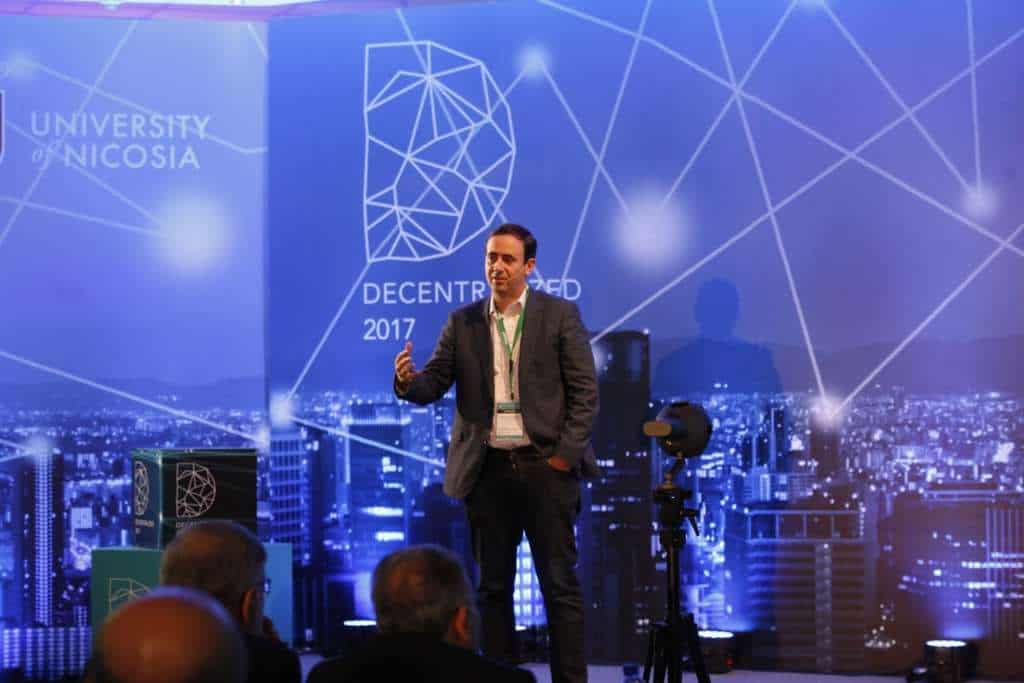Continues a four-year track record of “firsts” in academia and blockchain/cryptocurrency
The University of Nicosia (UNIC) has once again broken new ground in university adoption of blockchain technology by being the first university in the world to publish all diplomas of all graduating students (Bachelor’s, Master’s, PhD) on the Bitcoin blockchain, as of the graduating class of Spring 2017.
The University of Nicosia was previously the first university in the world to publish academic certificates on the blockchain (Spring 2014) and, subsequently, to publish diplomas on the blockchain on a trial basis (Spring 2015). It is now the first university in the world to move from trials to full implementation of this pioneering new technology, for all graduating students, on an ongoing basis.
The new service was announced by UNIC’s CEO, Mr. Antonis Polemitis, during his opening remarks at “DECENTRALIZED 2017”, a business and academic summit relating to the technical and societal implications of decentralization, cryptocurrency and blockchain technology, organized by UNIC in Limassol, Cyprus on 2-3 November 2017.
Mr Polemitis said: “We believe in a future where everyone has ownership of their own personal data and can share and authenticate it at will, while still ensuring strong privacy. This effort at UNIC is a step towards this decentralized future that will unfold over the next five to ten years. We view our role as a university to be focused on the cutting edge of these technological shifts, both in theory and in practice. I am very proud of our research team’s work. The technological platform was developed entirely internally at the University of Nicosia and includes some very interesting work on difficult topics, such as revocation. We look forward to discussing these developments with our colleagues in academia, business and the broader cryptocurrency and blockchain community at our dedicated summit.”
Specifically, all diplomas issued to the graduating class of Spring 2017 have been digitized and their electronic fingerprint (“hash”) has been added to the public Bitcoin blockchain, a decentralized and distributed digital ledger. This allows students to present an electronic PDF that can be verified by others (e.g. employers or academic institutions) immediately in a secure manner, either by a new verification tool on UNIC’s website or, independently, by replicating UNIC’s open-source instructions.
More details about the approach can be found at block.co, which will serve as a repository for the technology. UNIC is now offering this solution to other academic and governmental institutions on an open-source / free basis, in order to improve and further develop this technology in a collaborative manner.

